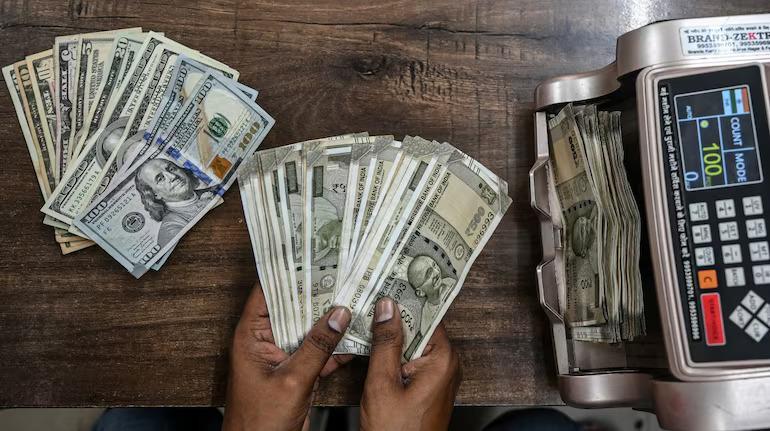
Trump’s ‘Big Beautiful Bill’ to Cut Tax on Money NRIs Send Back to India from 5% to 1%
The United States has been making waves in the financial world with its recent draft bill to reduce the tax on remittances sent by US residents to their home countries. The proposed changes, which have been dubbed as ‘one big beautiful bill’ by US President Donald Trump, aim to reduce the tax on such remittances from 5% to 1%. This move is expected to have a significant impact on Non-Resident Indians (NRIs) who send money back to India from the US.
The draft bill, which is expected to come into effect from January 1, 2026, would apply a tax rate of 1% on remittances made by US residents to their home countries. This tax rate would be significantly lower than the current 5% tax rate, which has been in place since 1971. The proposed changes are expected to benefit millions of NRIs who send money back to India every year.
According to the draft bill, the reduced tax rate would apply to all remittances made after December 31, 2025. This means that NRIs would need to wait for a few months before they can start enjoying the benefits of the reduced tax rate. However, once the bill comes into effect, NRIs can expect to save a significant amount of money on their remittances.
The proposed changes are also expected to exempt transfers from US bank accounts, debit and credit cards from the tax. This is a significant development, as it would make it easier for NRIs to transfer money back to India without incurring additional costs. Currently, NRIs have to pay a 5% tax on their remittances, which can eat into their savings. With the proposed changes, NRIs can expect to save a significant amount of money, which can then be used for various purposes such as investments, education, or personal expenses.
The move to reduce the tax on remittances is seen as a significant step towards promoting economic ties between the US and India. The US is one of the largest sources of remittances for India, and the reduction in tax rate is expected to boost the flow of remittances to the country. This, in turn, is expected to have a positive impact on the Indian economy, which is heavily reliant on remittances from NRIs.
The reduction in tax rate is also seen as a positive step towards promoting financial inclusion in India. Remittances play a crucial role in the financial lives of many Indians, particularly those living in rural areas. With the reduced tax rate, NRIs can expect to send more money back to their families, which can help to improve their living standards and economic prospects.
The proposed changes are also expected to benefit the Indian government, which can expect to receive more revenue from the reduced tax rate. The Indian government has been facing a significant revenue crunch in recent years, and the reduced tax rate is expected to help to fill this gap.
The move to reduce the tax on remittances is part of a broader effort by the US government to promote economic ties with India. The two countries have been working together to strengthen their economic ties, and the reduction in tax rate is seen as a significant step in this direction.
In conclusion, the proposed changes to the tax on remittances are expected to have a significant impact on NRIs who send money back to India from the US. The reduction in tax rate from 5% to 1% is expected to save NRIs a significant amount of money, which can then be used for various purposes. The proposed changes are also expected to promote economic ties between the US and India, and to benefit the Indian government by providing more revenue.
Source:






